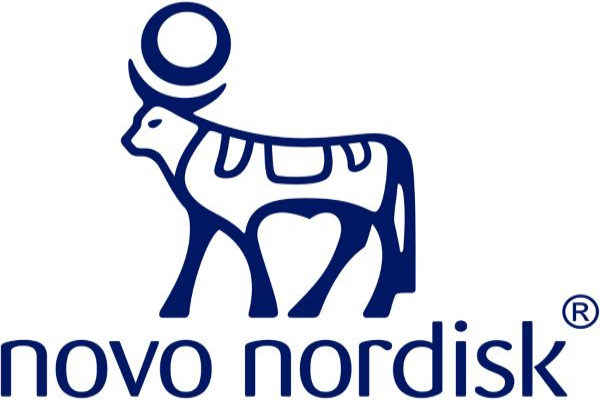Global pharma giant Novo Nordisk has reported that its two pivotal phase 3 trials, evoke and evoke+, investigating oral semaglutide in early-stage Alzheimer’s disease, did not achieve their primary endpoint.
The trials, designed to assess whether semaglutide could slow cognitive decline, showed no significant difference compared to placebo in the progression of Alzheimer’s disease over two years.
The trials enrolled a total of 3,808 adults aged 55–85 with mild cognitive impairment or mild dementia due to Alzheimer’s, all confirmed amyloid-positive. Participants were randomized 1:1 to receive either oral semaglutide 14 mg once daily or placebo for 104 weeks, followed by a planned 52-week extension.
While semaglutide improved Alzheimer’s-related biomarkers, these biological changes did not translate into measurable clinical benefit, as evaluated by the Clinical Dementia Rating – Sum of Boxes (CDR-SB).
“Alzheimer’s disease remains one of the most urgent unmet medical needs, and despite a low likelihood of success, we felt a responsibility to explore semaglutide’s potential,” said Martin Holst Lange, Chief Scientific Officer and EVP of Research & Development at Novo Nordisk.
“While the trials did not demonstrate efficacy in slowing disease progression, they were conducted to the highest standards and provide valuable insights for the scientific community. We sincerely thank all participants and their caregivers for their meaningful contributions.”
Safety findings were consistent with previous semaglutide studies in diabetes and obesity, reaffirming its well-tolerated profile across diverse patient populations, with more than 37 million patient-years of exposure recorded to date.
Based on these results, the planned 1-year extension period for both trials has been discontinued. Topline findings from evoke and evoke+ will be presented at the Clinical Trials in Alzheimer’s Disease (CTAD) conference on December 3, 2025, with full data scheduled for the 2026 Alzheimer’s and Parkinson’s Disease Conference (AD/PD) in March.
Alzheimer’s disease, the most common form of dementia, affects millions worldwide and remains a condition with no cure and limited options to slow its progression.

